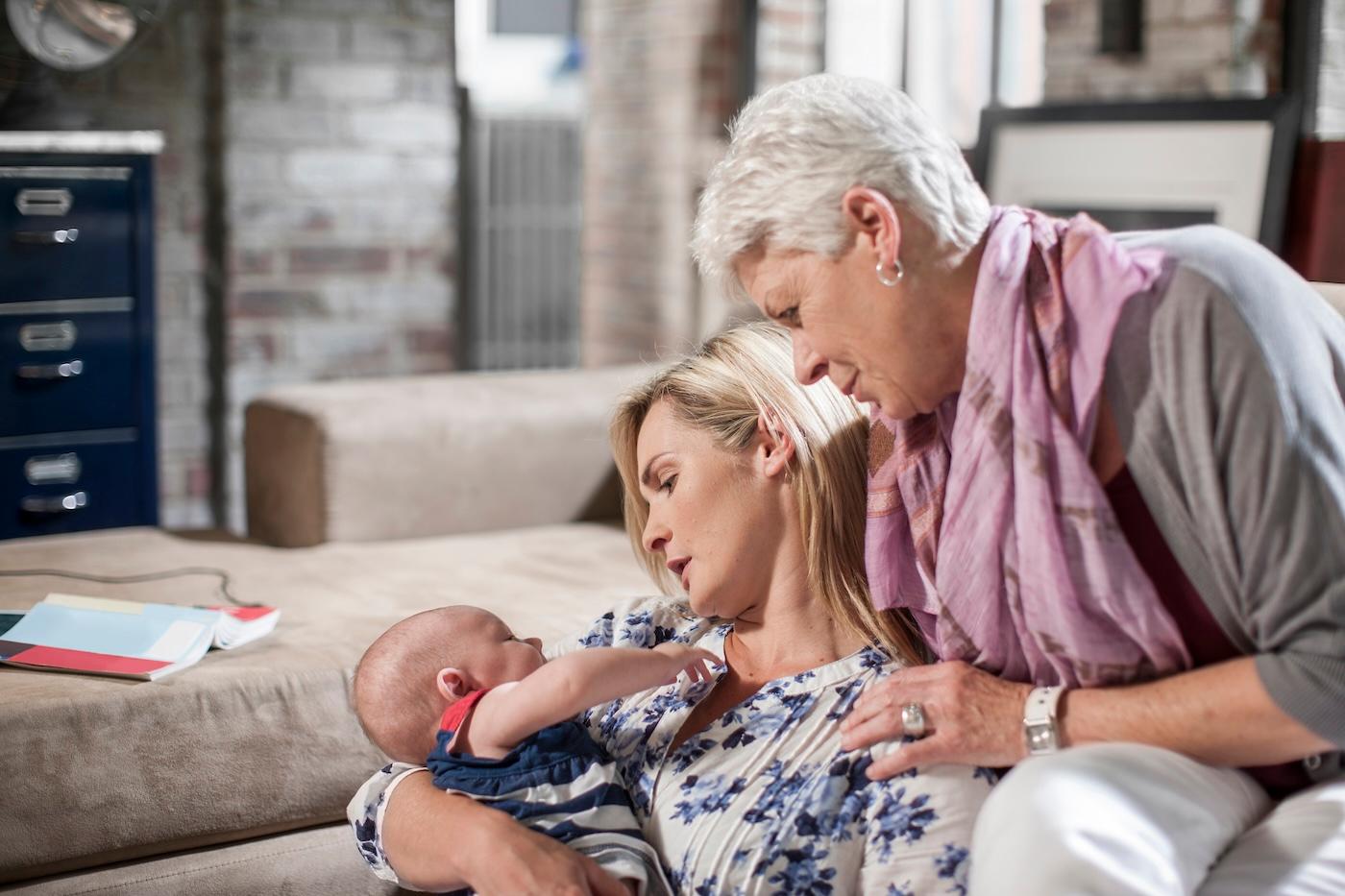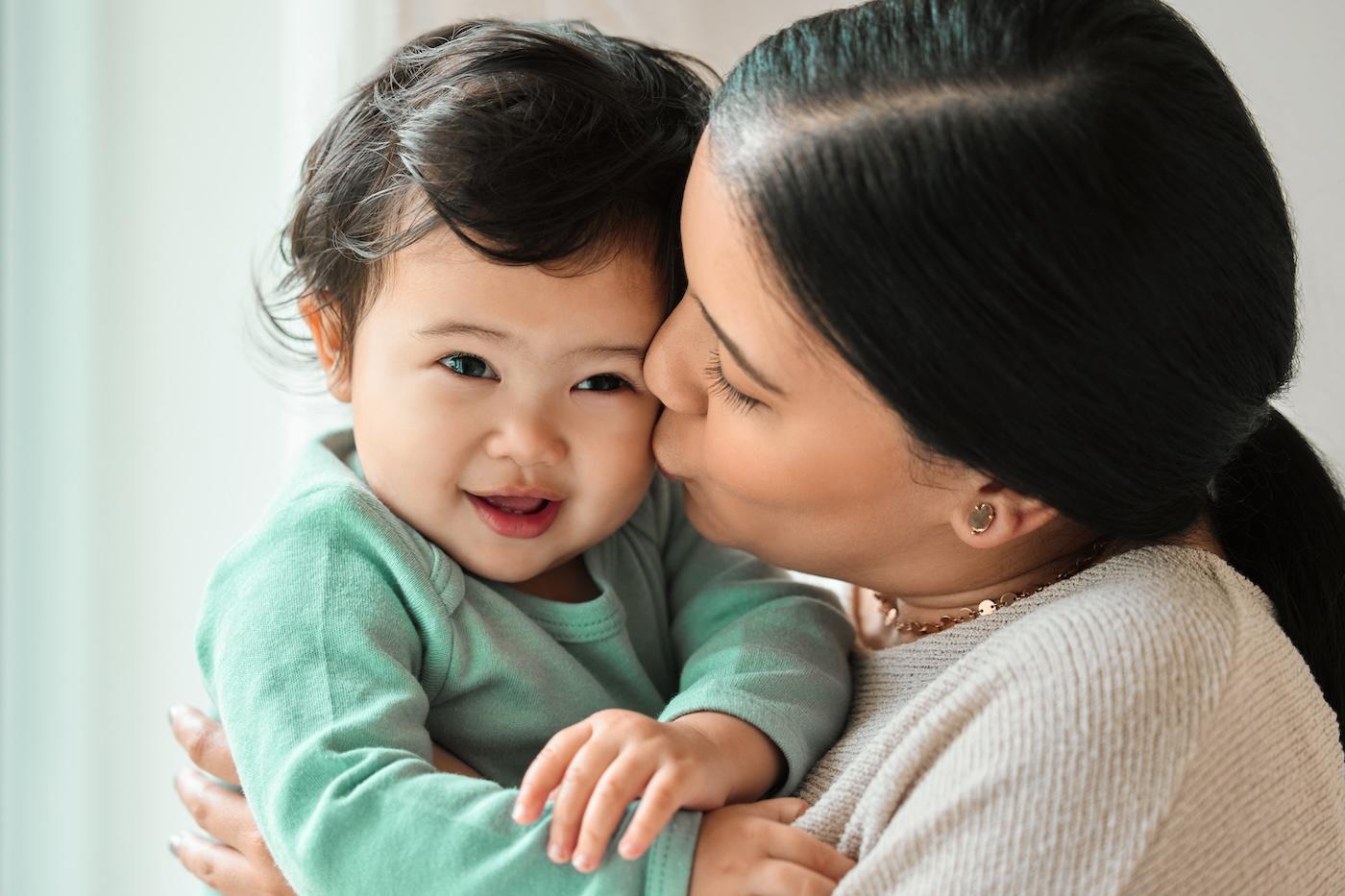PARENTS
Why You Should Get Your Kid a Pet...According to Science!
Research shows that having a pet breeds solid social-emotional skills.

Written by
Happiest Baby Staff

It is a scenario that every parent will experience at some point: Their adorable child will look at them with moony eyes and beg, plead, and argue for all the reasons why they should get a pet. And as much as it may pain you to think of all that extra work (because let us face it, who really ends up walking and feeding the puppy, right?) it turns out that science is on your kid’s side. Sorry, Mum and Dad.
There are actually some pretty great reasons why you should cave and say yes to your kids’ most heartfelt plea for that puppy. Research indicates that nursery school-aged kids who are exposed to the daily routines and responsibilities experience fewer social-emotional problems than kids who do not have a dog at home.
In a study published in the Journal of Pediatrics, researchers surveyed 1,642 parents about whether or not they had nursery school-aged kids and a dog at home. They asked if these kids were walking the family dog, actively playing with their dog, and how often these events took place each week. Then, they asked parents to fill out a Strengths and Difficulties Questionnaire to learn more about the relationship between the kids and the family dog.
As they crunched the numbers, it became apparent that there was a correlation between playing with a pet and behaviour. Kids who walked and played with Fido were 30% less likely to have behavioural conduct issues, 40% less likely to have problems relating to their same-aged peers, and 34% more likely than kids who did not experience a family dog to show 'pro-social' behavioural tendencies. So, basically, kids with dogs at home seem to be learning skills that apply to peer relationships—and that is good news!
Related: How to Prepare Your Pet for a Baby
Even if you are not a behavioural scientist, you may have inferred that there are some major perks to taking on a family pet. For one, tending to a fluff-ball teaches kids how to take care of another living creature, which plants the seed of stewardship. Plus, having a pet helps kids develop empathy and selflessness. When a child must feed, walk, and care for an animal, kids start to see how love and compassion benefit another being. In this way, the connection between pets and social-emotional development is kind of a no-brainer!
It is also true that kids who help take care of a family pet get to flex their reliability and responsibility muscles. Having to feed, bathe, walk, play, and love a sweet creature no matter what else is happening in your child’s world gives them a distinct sense of control and self-reliance. It is hard to argue that those skills will not be critical when they grow up to become adults.
So, when your child comes to you with those big eyes and that pouty lip and that incredibly thought-out argument for why they really ought to have a pet of their own…consider that they may have a point! If you are up for adding litter-box-cleaning or dog-walking to diaper duty, there are some truly marvelous ways in which having a pet may help your child become a responsible, compassionate, empathetic adult someday.
Disclaimer: The information on our site is NOT medical advice for any specific person or condition. It is only meant as general information. If you have any medical questions and concerns about your child or yourself, please contact your health provider. Breastmilk is the best source of nutrition for babies. It is important that, in preparation for and during breastfeeding, mothers eat a healthy, balanced diet. Combined breast- and bottle-feeding in the first weeks of life may reduce the supply of a mother's breastmilk and reversing the decision not to breastfeed is difficult. If you do decide to use infant formula, you should follow instructions carefully.
SHARE THIS ARTICLE
PARENT PICKS
Bestsellers



















